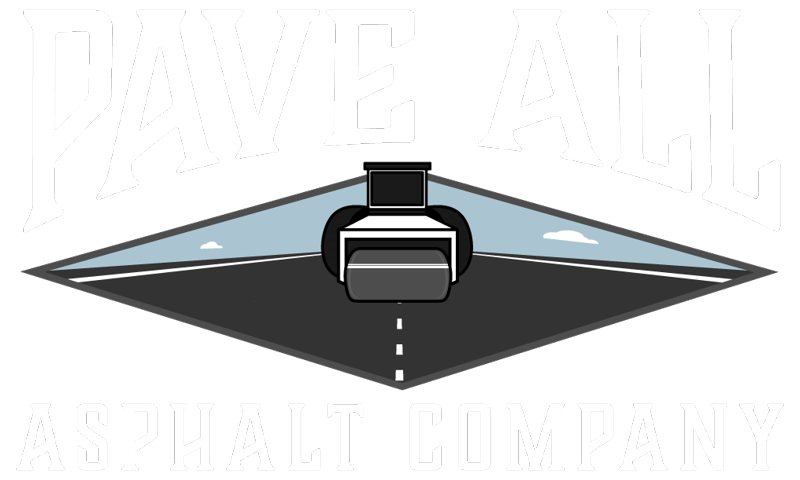Winter Is Coming: Can I Still Get My Franklin, OH, Asphalt Paving Job Done in Low Temperatures?
As a homeowner, it is crucial to understand the mean temperature requirements for laying your asphalt paving. You will have to consider ambient and ground temperature, not to mention rain, humidity, snowfall, and other weather conditions.
Generally speaking, weather extremes can adversely interfere with your asphalt's curing process. The last thing you need is to trap rainwater underneath your new asphalt paving. Asphalt is oil-based, and water in its foundations might cause it to crumble and crack.
While there is no need to wait for perfect weather to get your paving done, you should, nonetheless, take a few precautions. Here are a few tips on how you can complete your paving job even at low temperatures.
- Minimum Temperature for an Asphalt Paving Job
Asphalt has to be soft enough to be rolled and compacted so the professionals can lay it evenly on your driveway, parking lot, or any other surface. Fifty degrees Fahrenheit is usually good enough for the job.
It is important to remember that asphalt starts to cure as soon as it cools down. If it is too cold outside, the asphalt will become too dense and stiff for proper compaction. Ground temperature is also important even for simple pothole repairs. Apart from that, cold, dry, and blustery winds can also cool the asphalt prematurely. If that happens, it might become too cold to pour on the surface.
Very low temperatures will also cool down the asphalt very rapidly. In fact, as soon as it is applied. This is why the best professionals will commence compacting or rolling the asphalt right after it is poured. This is another reason why asphalt installation is not a DIY job at all. If the ambient and surface temperatures are not ideal, you might end up with a lot of spoiled asphalt!
- Rain and Humidity
It is never a good idea to lay asphalt while it is raining or during a snowstorm. Asphalt uses bitumen and other binders—all of which are petroleum based. Excess humidity or moisture will get inside the binders and break them away from their aggregate base. Eventually, your freshly laid paving will crumble, sag, or just plain fall apart!
Even if you manage to pave your wet surface with asphalt, it will soon start to split and develop potholes. The oil inside the bitumen might also rise to the surface, leading to discoloration issues. Oil stains can also be dangerous since they make the surface slippery.
Finally, asphalt needs a firm and solid foundation. This is the best way of avoiding splits, spalling, cracks, and potholes. On the other hand, damp soil will cause the asphalt’s base to sink.
There is no need to stress about this issue anymore. You should get in touch with Pave All Ohio for all your New Franklin, OH, Asphalt Paving needs. You can rely on us to do a great job!
